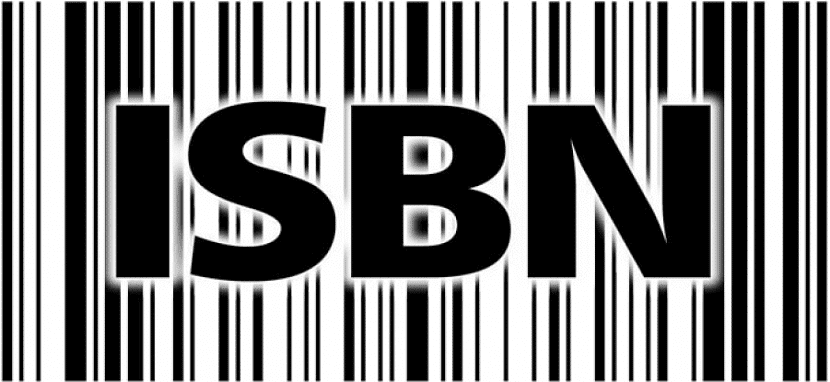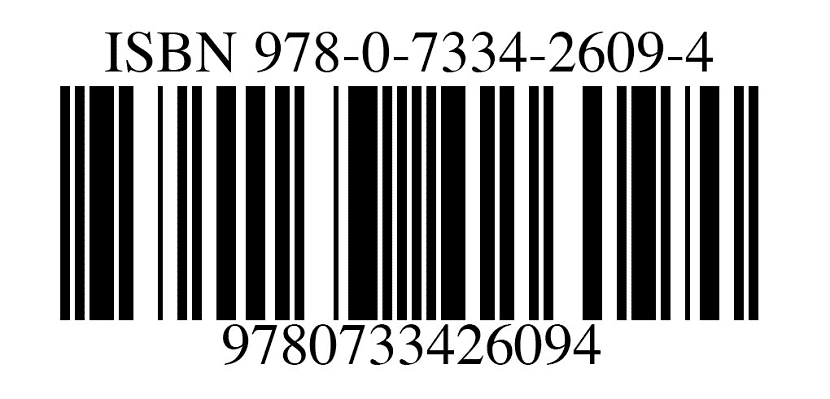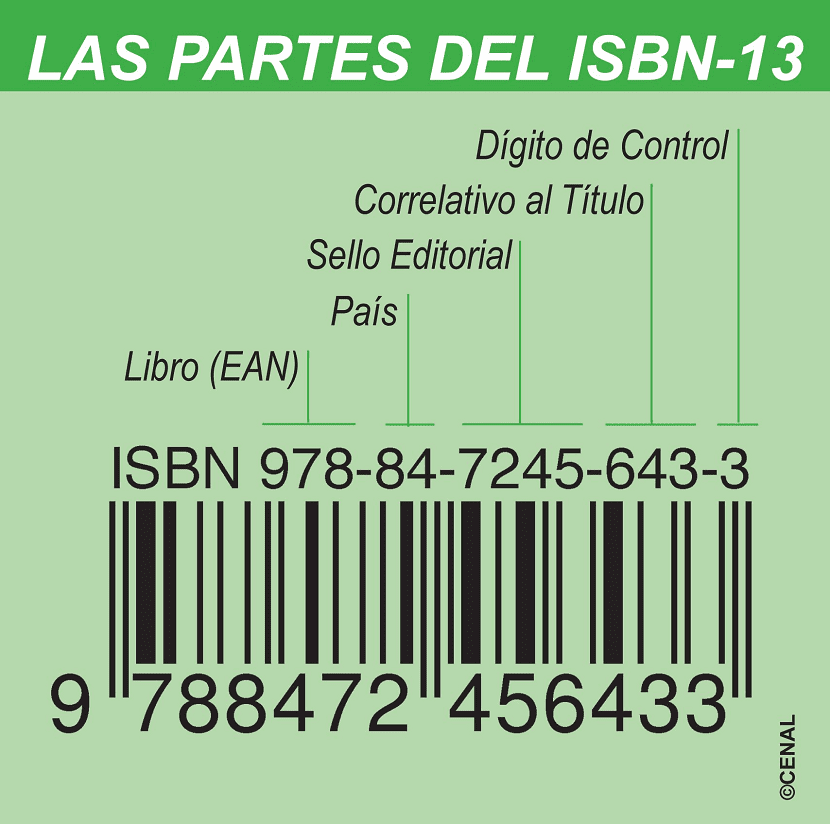
A term that we often come across in the world of books is the ISBN. Surely more than one of you has heard these four lyrics on occasion. Although many people may not know what it means. Therefore, we explain below what it is.
In this way you can know its usefulness and importance. In addition to the existence of ISBN search engines. All this information will give you some more information about the way the industry works today.
What is the ISBN?

The ISBN is an international standard code for books (International Standard Book Number). This code acts as a unique identifier for books. Therefore, thanks to it, each edition of a work is reported correctly (title, author, etc.). In addition to being helpful when it comes to systematize editorial production. Since it also helps to make logistics simpler.
Therefore, we can see that the ISBN is a code that helps us identify a specific book. Although it is important to know that this code is not associated with a specific work, but with each specific edition of it. So depending on the edition of the book, the ISBN will be different, even if the book is the same.

In addition, It is a code that greatly facilitates the management of distributors and libraries. In fact, although it is not mandatory for a book to have it, today many bookstores do not accept to sell books that do not have the code. Since having it, the management is much easier.
Until 2006 ISBNs had 10 digits in total. Although since January 2007 it was established that they had to have a total of 13 digits. Something that is still valid today. They are calculated using a mathematical formula specific and always include a check digit that is responsible for validating the code.
Elements of an ISBN

As we have told you, is composed of a total of 13 digits. In general, an ISBN is made up of five items separated from each other by a space or a dash. In addition, three of these five elements can have a different length. These are the elements that this type of code always presents:
- Prefix: This element is always 3 digits long. Also, currently it can only be 978 or 979.
- Record group item: This is the element that helps to identify a geographical area (country, region ...) or a specific linguistic area that participates in the system. In this case it can be between 1 and 5 digits long.
- Holder element: It is the one in charge of identifying the publisher or publisher. It can be up to 7 digits long.
- Post item: This element identifies a specific edition and format of the work. It can be up to 6 digits long.
- Control digit: This is the last and only digit that validates the rest of the number. Therefore, its importance is maximum. It is calculated using the Modulus 10 system with alternate weights of 1 and 3.
What is the ISBN for?
Above we have told you that the ISBN is a code whose main function is to act as an identifier. This is essentially the task of this code. It is used by publishers, stores (online and physical) and also other members of the commercial chain. Thanks to this code the product can be identified. In addition to keeping track of it in orders, in the sale (to keep track of units sold and those in the warehouse).

Therefore, it is an element that greatly facilitates the process of managing a book. Besides being a very useful element when looking for a book. Since we can use the ISBN both in stores and in libraries to search for a specific book.
What kinds of publications use an ISBN?

Any book that is available to the public can use an ISBN. It does not matter if this book is free or if it has a sale price. This code can always be used to identify said work. In addition, individualized parts (chapters, magazine articles or serials) can make use of the code if they wish. But as we have said before, it is not mandatory.
In the case of text formats for eBook it is not mandatory either. In fact, we find some online bookstores that do not require an ISBN code and do not use it. Although, in general we see that many aput that these eBook formats also make use of the code. But this is usually a decision that rests with the author.
Also, it is important to know that ISBN costs money. In the case of Spain you have to pay about 45 euros. For many it can be a cost that they are not willing to pay, so they can make the decision not to do so. But this assumes that the book will not be in databases. Therefore, it cannot be located in this way. Something that can certainly limit the impact of the book on the market.
ISBN search engines
We can search for a book using its ISBN. A very useful way to locate a book in a database or in stores or libraries. What's more, we have ISBN search engines, both in public bodies and on the web pages of some stores. Thus, we can use these tools to identify the book we are looking for.
In Spain we have an ISBN Agency. It takes care of all matters related to this code, from its registration to its search. You can visit the web to obtain more information about it, in this link. Also the Ministry of Education, Culture and Sports itself has a database that we can use to find books based on their ISBN, or search for a book to find out its ISBN code. You can visit the database and its search engine here.
In addition to this we also have private optionss. We have bookselling websites that allow us to search using this code. One of the most useful options that helps us find books and where to buy them is All your books, you can see the web here. Thanks to these tools you can also find a specific book that you want to buy. In addition, we also have stores like Casa del Libro that allow us to search using the code.

We hope that this information has been useful to you when it comes to knowing more about ISBNs and the utility they offer us. As you can see, they have become an essential part of the industry, as they offer many advantages to all parties involved.
You will not go to bed without knowing something new ... vaguely knew it was an identification system but little else.
Thanks for the article. The first right?
All the best
Hello Javi,
Thank you very much for your comment! I'm glad it helped you to discover a little more about the ISBN!
Indeed, the first, although not the last 🙂
Regards!
Excellent information that every information manager, student of library science, information science, archivist, writers, editors, journalists, among others, must know and know the importance of the ISBN code that it means according to its acronym. books (International Standard Book Number), what is its function and what is it for. This knowledge must be imparted to everyone who is going to engage in library information management and user service tasks. Also for people who work in bookstores, documentation and information centers, museums and other related institutions.
In libraries, librarians could also make it known to the public, through billboards, blogs, and other means. Well, this ISBN code offers a series of information about the book, which we should all know and take advantage of.
Thank you very much for your comment Jorge! 🙂
Thank you very much for the article. It is very useful. Greetings.
Thank you very much for commenting! I'm glad it was useful to you! Greetings!
I would be grateful if you could inform me how to protect, in the event of any eventuality, a new book created by me, not yet published or edited, the copy of which I give to a foreign translator so that he can translate it into English and then edit it in that language wherever he considers it.
I await your response, thank you very much in advance